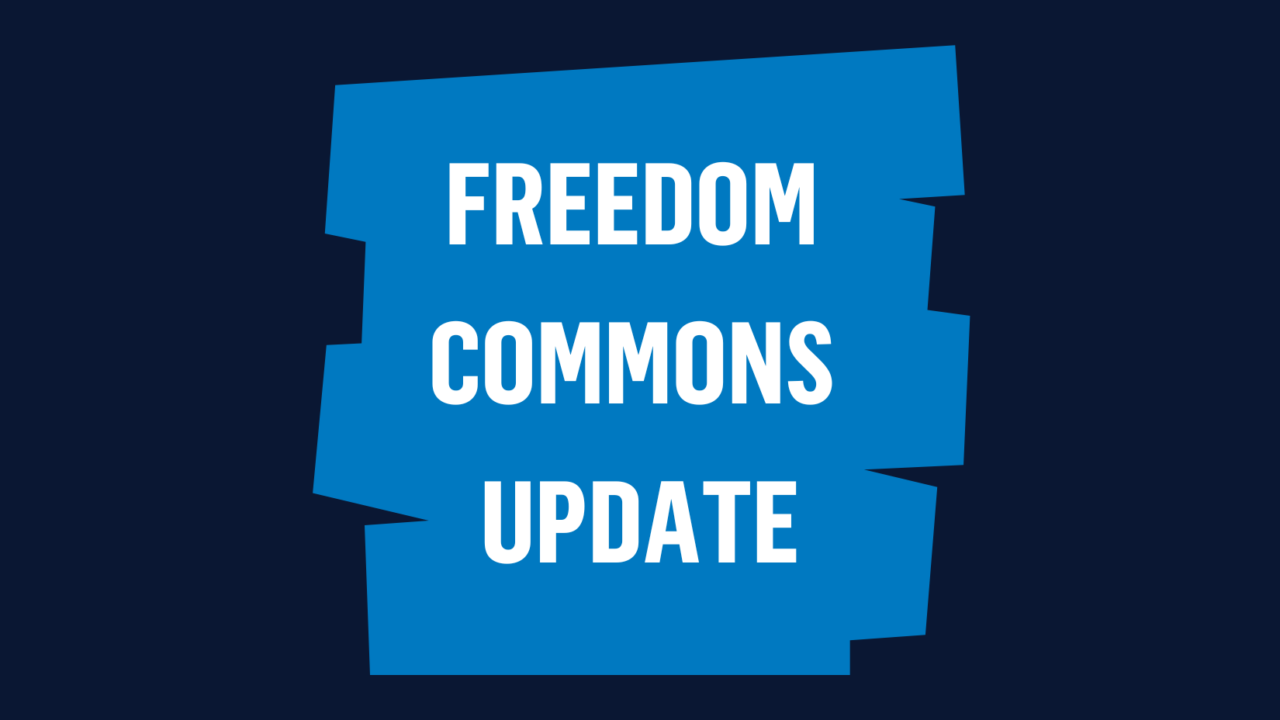Holly's News From Washington: A New Child Protection Compact
Online Sexual Exploitation of Children (OSEC)
April 2017
By Clara Campbell
On April 11, the State Department Office to Monitor and Combat Trafficking in Persons (TIP Office) announced that the governments of the U.S. and the Philippines had signed a Child Protection Compact: a multi-year plan to increase prevention, protection and prosecution of perpetrators of cybersex trafficking of children. The TIP Office will provide $3.5 million over two to four years, and the government of the Philippines committed $800,000.
Friends of IJM have many reasons to be enthusiastic about the U.S. – Philippines agreement.
First of all, it is splendid that both governments are bringing additional resources to fight a plague of commercial child abuse that is victimizing thousands of Filipino children and enriching perpetrators and purveyors of live-action child sexual exploitation all over the world. We’re especially grateful to human rights leaders in the U.S. Senate who instructed the State Department to direct these resources in its 2016 foreign aid appropriations bill. Senators Thad Cochran, Lindsey Graham and Richard Blumenthal made this a priority and we are very grateful to these offices for their support for this funding.
Second, we’re extremely pleased that the State Department and their counterparts in the Philippines did the hard work over many months of negotiations to craft a solid program to take the fight directly to the traffickers and to build the Philippines’ capacity to rescue and restore young victims. The full agreement can be seen here.
IJM’s volunteer advocates around the U.S. have a personal reason to celebrate the U.S. – Philippines Child Protection Compact.
IJM staff and friends worked closely with members of Congress from both political parties to enact the Child Protection Compact Act (CPCA) in 2013. The original bill was introduced in 2009: IJM’ers gathered tens of thousands of signatures from their fellow Americans on postcards to Congress and held hundreds of in-person meetings with legislators. Thanks to that effort, the Child Protection Compact Act gained 117 co-sponsors in the House and 27 in the Senate. Though the bill was not taken up as a free-standing measure, then-Senator Barbara Boxer (D-CA) and Representative Chris Smith (R-NJ) made sure it was included in the 2013 Trafficking Victims Protection Reauthorization Act.
What makes the CPCA so significant is that is gives the State Department TIP Office a powerful new tool to help slavery-burdened countries up their game against child traffickers.
The CPCA not only brings multi-year resources in much larger amounts than are available under the TIP Office’s regular grants program; it also uses U.S. diplomacy to secure buy-in from the host country government.
We commend the U.S. State Department, the TIP Office and the Government of the Philippines for this new collaboration.